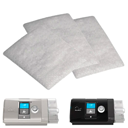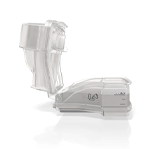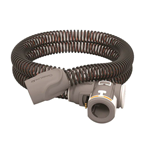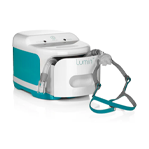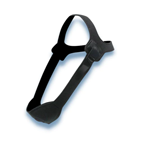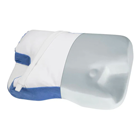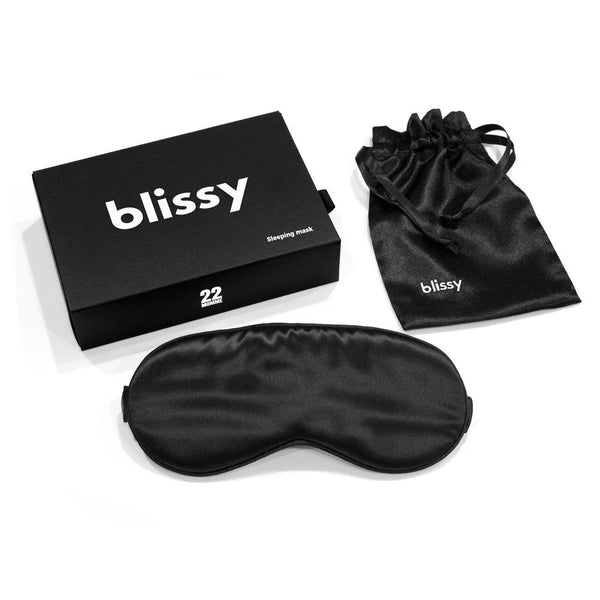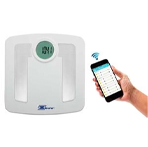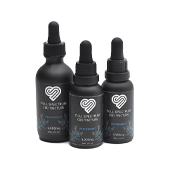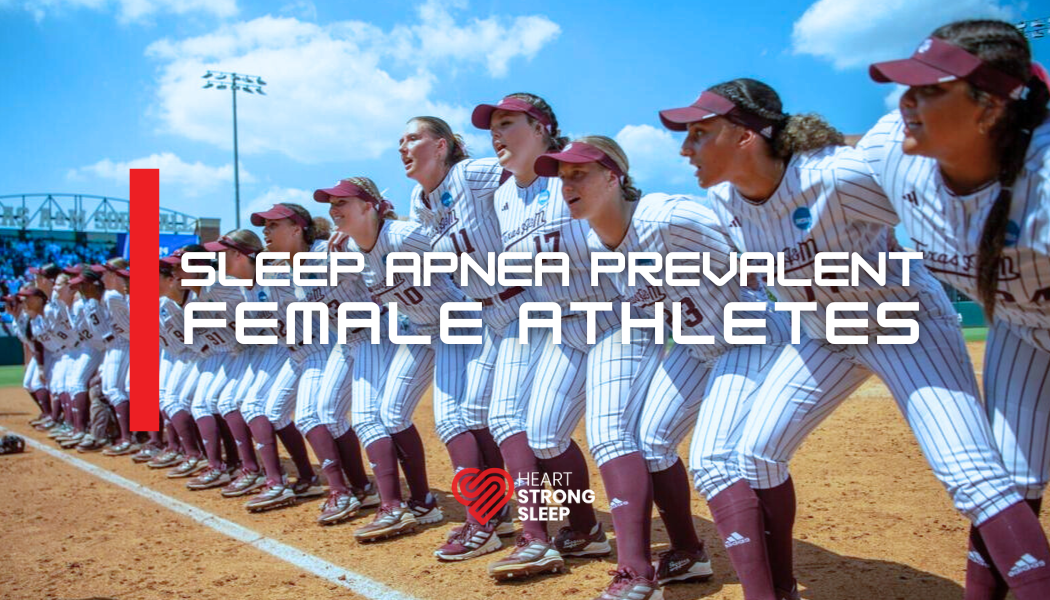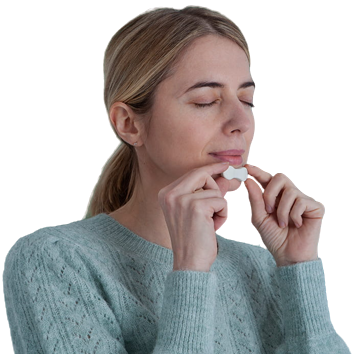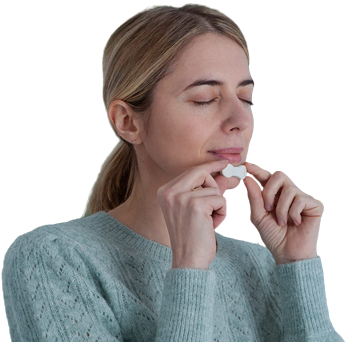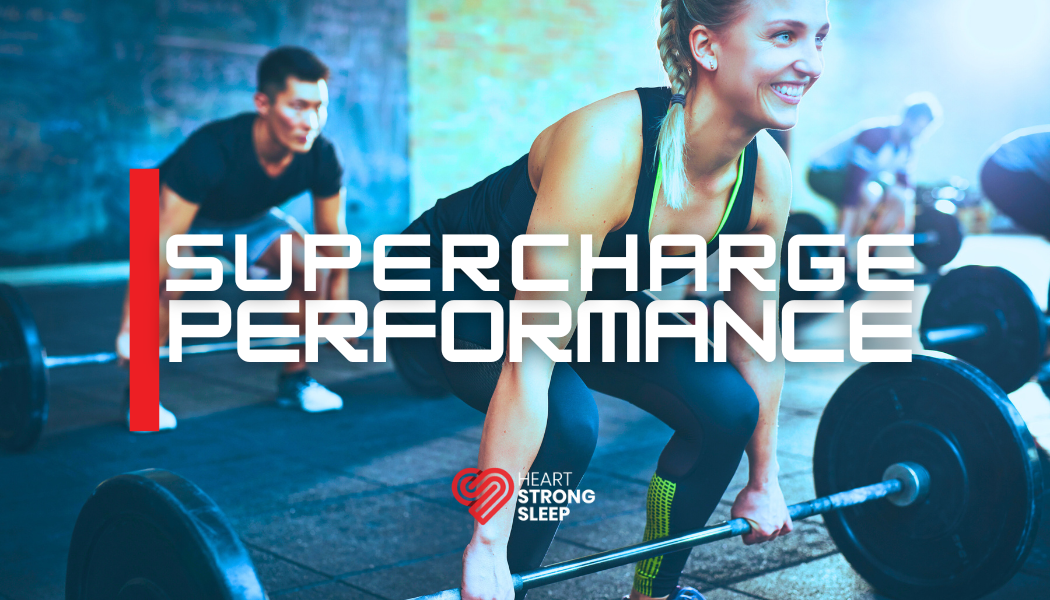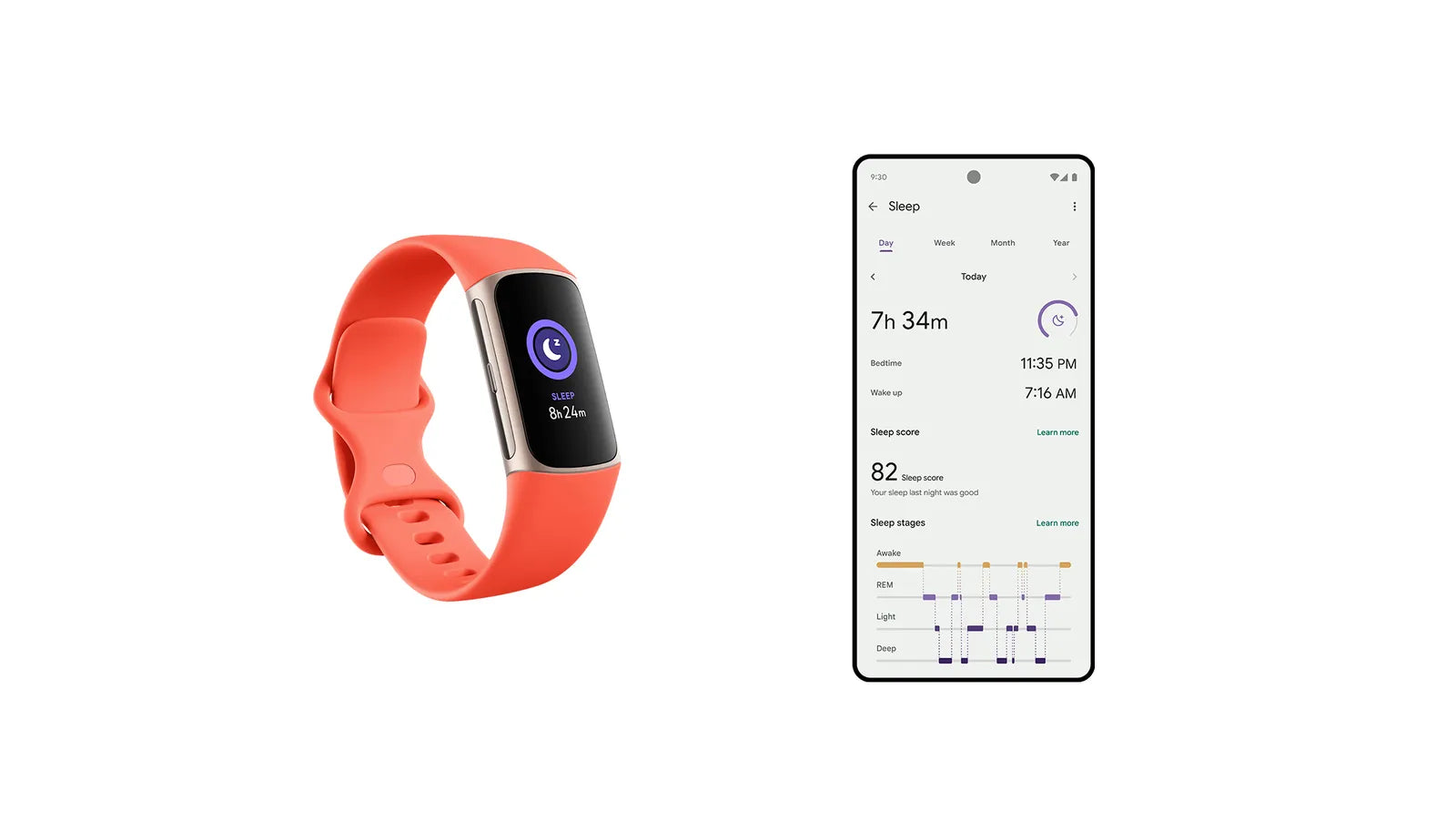Sleep apnea found to be more prevalent in young female athletes than expected
A new study presented at the American College of Cardiology’s Care of the Athletic Heart 2025 conference has shed light on a surprising finding: obstructive sleep apnea (OSA) may be more common in young, high-performing female athletes than previously thought (medicalxpress.com).
What They Found
-
Researchers conducted home sleep tests on 68 collegiate athletes—chiefly softball players, plus volleyball and basketball players, average age 19—split roughly 60% White, 25% Black, with remaining participants Hispanic/Latino, Asian, or other (medicalxpress.com).
-
25% scored in the mild OSA range (apnea-hypopnea index [AHI] of 5–15 events per hour), and none in moderate or severe categories.
-
Higher AHI correlated with increased arterial stiffness (pulse wave velocity), especially in athletes with more lean mass and older age.
Why This Matters
-
Many athletes reported poor sleep quality—36%—and daytime drowsiness (22%), like dozing off during meals or social activities.
-
Sleep apnea symptoms—like loud snoring, gasping awake, brain fog, or irritability—are often mistaken for typical fatigue from training (news-medical.net).
-
Untreated OSA can raise long-term cardiovascular risks, including hypertension, arrhythmias, heart attack, and stroke.
The Takeaway: Action Steps for Coaches & Athletes
-
Screen early: Consider evaluating even young, fit female athletes if they show sleep trouble, morning fatigue, or focus issues.
-
Improve sleep hygiene: Structured bedtime routines, tech-free wind-downs, and good sleep environments can make a difference.
-
Refer & treat: Diagnosed cases may benefit from standard treatments—CPAP, oral devices, or surgical options—when appropriate.
-
Future studies: Needed to assess whether treating mild OSA improves heart health in athletes long-term.
Why Every Night's Sleep Counts
Athletes are often lauded for their discipline—but sleep is the foundation of performance and recovery. This study highlights how even those in peak shape can suffer hidden sleep disorders that impact daily wellbeing and long-term heart health.
Final Thoughts
Sleep apnea isn’t just an issue for middle-aged adults or those with high BMI. It could be quietly affecting motivation, concentration, and recovery for young female athletes. Raising awareness, screening early, and treating effectively is a winning strategy—for both athletic performance and cardiovascular health.
Curious to learn more about treatments or how to screen athletes? Drop a comment or reach out—we’d love to discuss strategies.

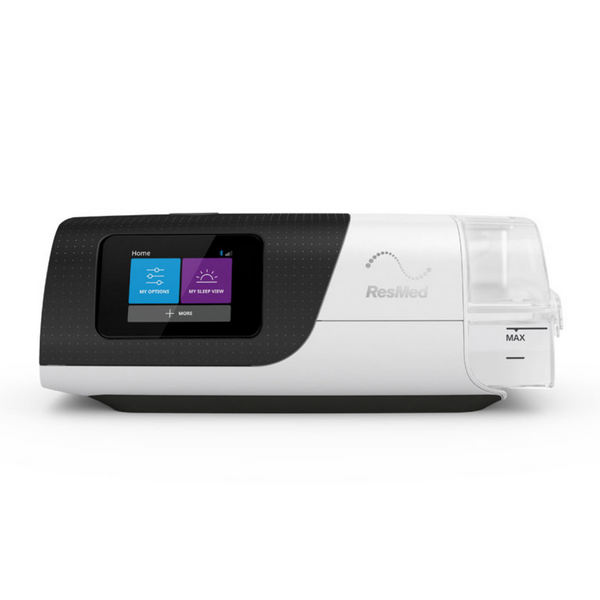
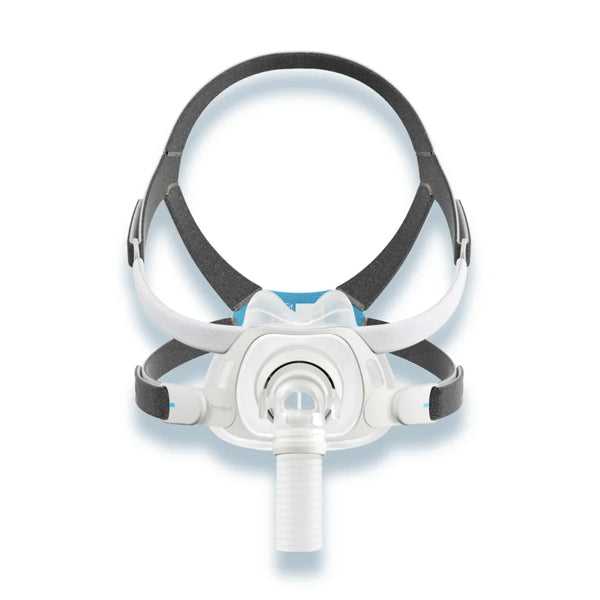
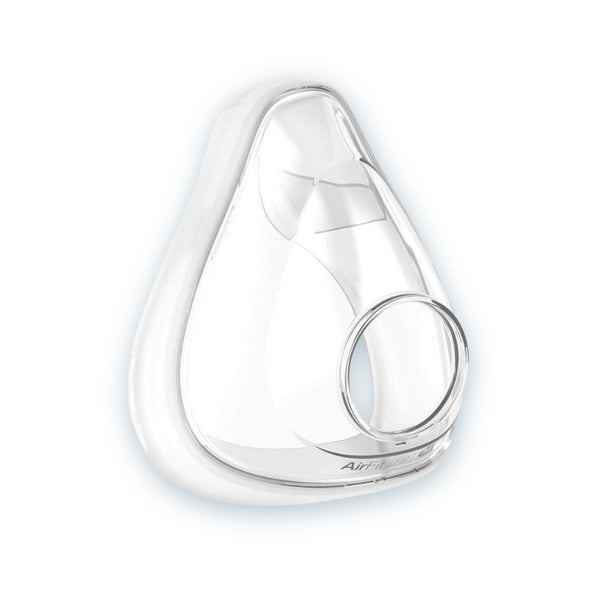
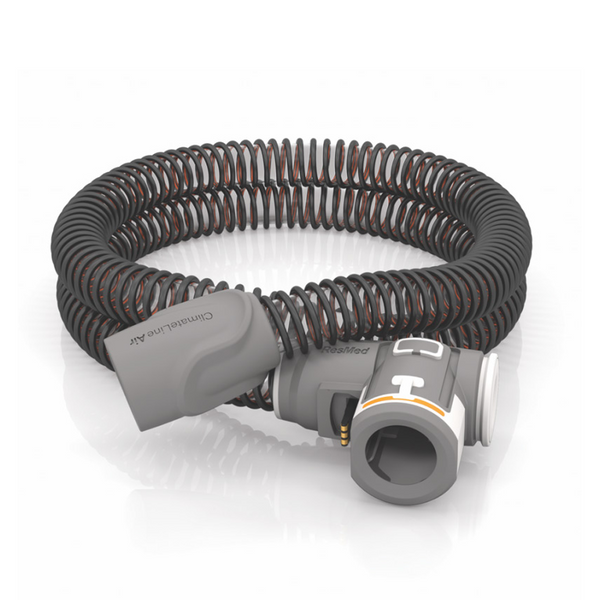

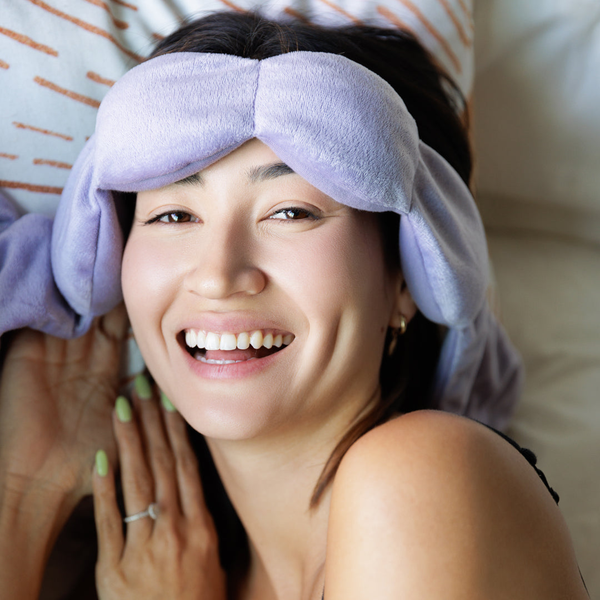
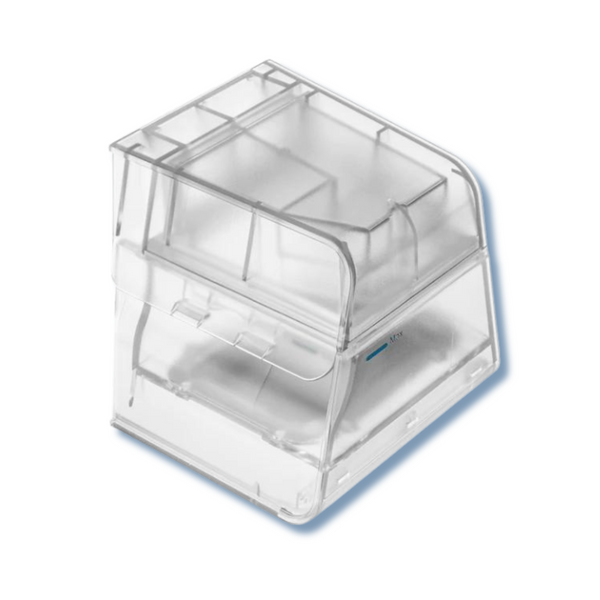
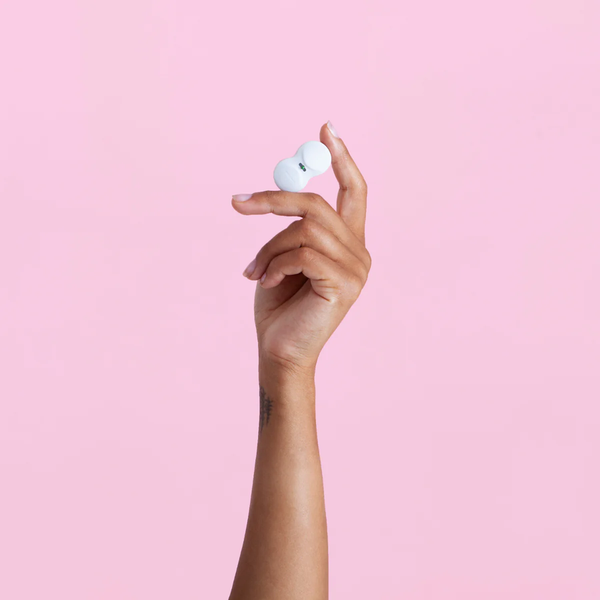
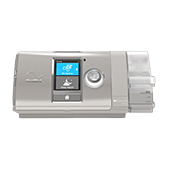
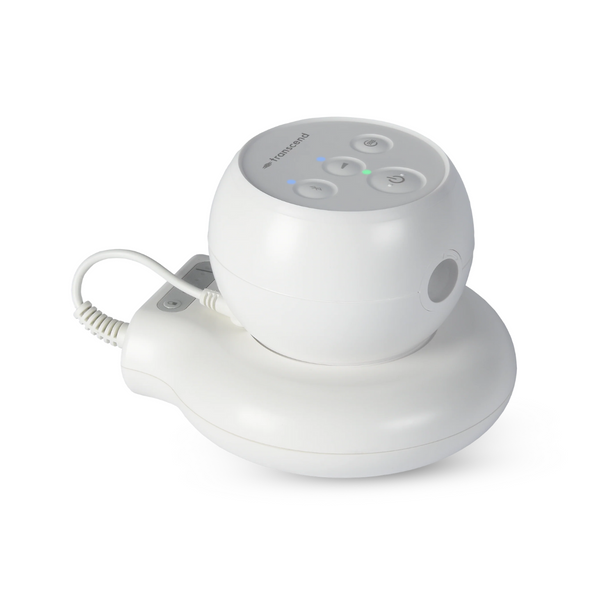
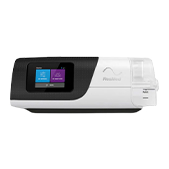
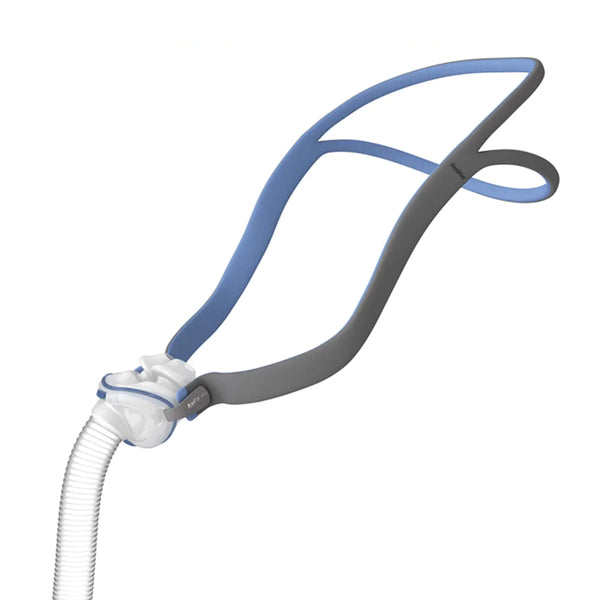
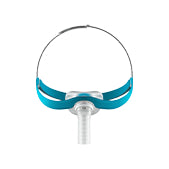
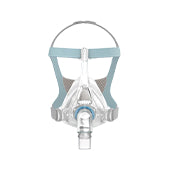
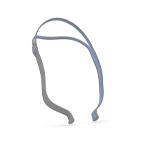
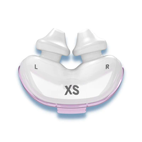
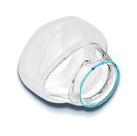
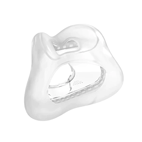
![[subscription]](http://heartstrongsleep.com/cdn/shop/files/Group_30_6a2ee5b7-7d1a-49f1-855d-428a7cb5358f.png?v=1733846466&width=600)
